Principal investigator
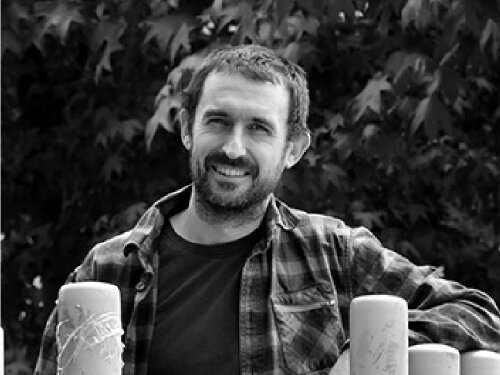
Aitor Larrañaga is the main researcher with a focus on understanding the impacts of human activities on stream communities. He uses a range of approaches, from laboratory experiments to field-based observational and manipulative studies. Aitor aims to bridge the traditional gap between ecotoxicological-biochemical methods and ecosystem-level biogeochemical approaches. His integrative perspective allows for a more holistic assessment of stressor effects in freshwater ecosystems.
Team members
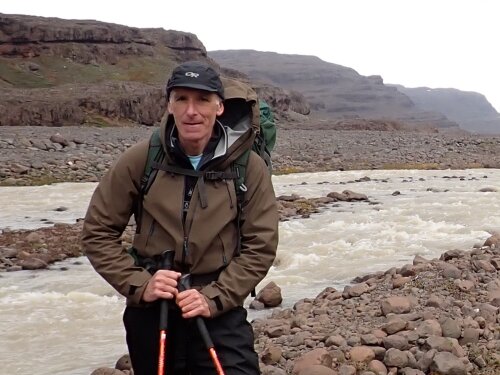
Arturo Elosegi is a researcher whose work explores the relationship between the structure and functioning of stream ecosystems. He investigates, for example, how channel complexity influences nutrient retention or how algal biomass relates to ecosystem metabolism. Arturo applies this perspective to assess the effects of multiple human activities, including forestry, water abstraction, and global climate change. His integrative approach helps reveal how physical and biological processes interact under anthropogenic pressures.
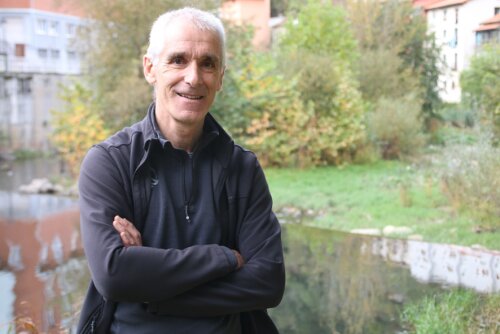
Maite Elosegi is a researcher whose work examines the relationship between the structure and functioning of stream ecosystems, for example how channel complexity influences nutrient retention or how algal biomass relates to ecosystem metabolism. He applies this perspective to evaluate the effects of multiple human activities, including forestry, water abstraction, and global climate change. This integrative approach helps to uncover how physical and biological processes interact under anthropogenic pressures.
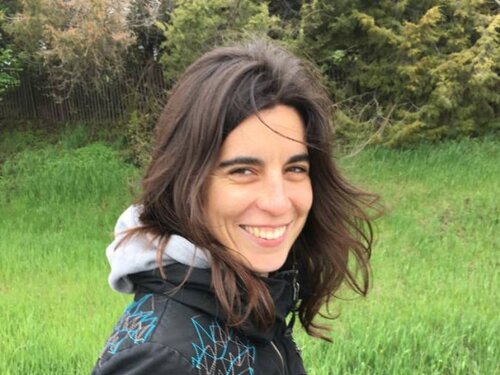
Maite Arroita is a researcher whose work focuses on analysing high-frequency water quality data collected by water agencies across multiple sites. She uses this dataset to reconstruct historical changes in stream metabolism, identify long-term patterns in ecosystem functioning, and uncover their main environmental drivers. A key goal of her research is to disentangle the effects of climate change from other global stressors and to anticipate how stream metabolism may shift in the future.
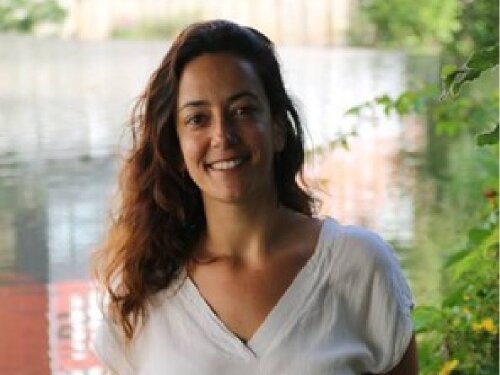
Miriam Colls is a post-doctoral researcher and freshwater ecologist studying how global change, both natural and human-induced, alters the structure and functioning of river biofilms. She currently investigates the impacts of pressures such as hydromorphological alteration and diffuse urban pollution, combining mesocosm experiments with field studies across spatial scales to assess biofilm responses and recovery after restoration. Her goal is to contribute knowledge that supports better management and conservation of aquatic ecosystems.
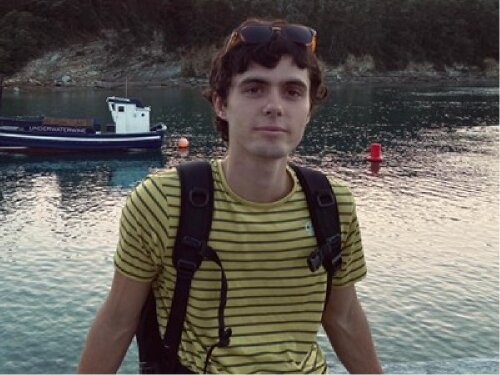
Ekain López is a PhD student whose thesis investigates how multiple human-induced stressors influence energy transfer efficiency within food webs. He analyzes size data of macroinvertebrates and fish to construct size spectra across various sites and examines the factors driving variations in the shape of these spectra. His approach aims to promote more effective management by addressing both biodiversity and ecosystem productivity.
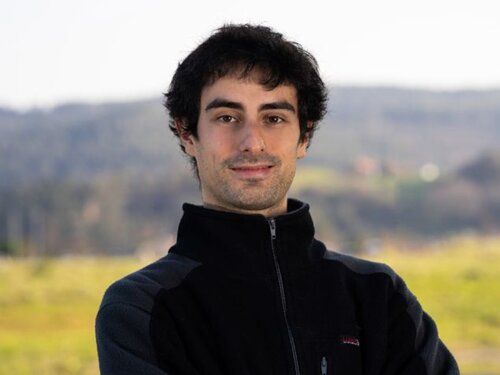
Iñaki Larretxi is a PhD student whose thesis focuses on understanding how anthropogenic factors influence stream biodiversity, community structure, and ecosystem functioning. He places particular emphasis on how these effects vary across seasons. By integrating temporal dynamics, he aims to capture a more complete picture of ecosystem responses to human pressures, supporting more effective conservation and management strategies.
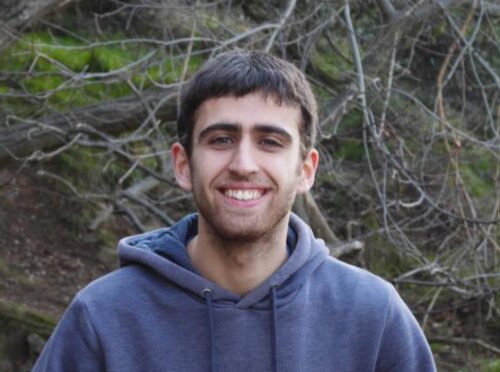
Oier Firas is a PhD student whose research focuses on the distinctive responses of freshwater macroinvertebrates with complex life cycles to global environmental change. He examines how anthropogenic stressors affect aerial stages of macroinvertebrates and how these changes influence nutrient and energy transfer across aquatic–terrestrial boundaries. By combining temporal analyses with extensive fieldwork, Oier aims to generate knowledge that supports the management, conservation, and restoration of freshwater ecosystems.